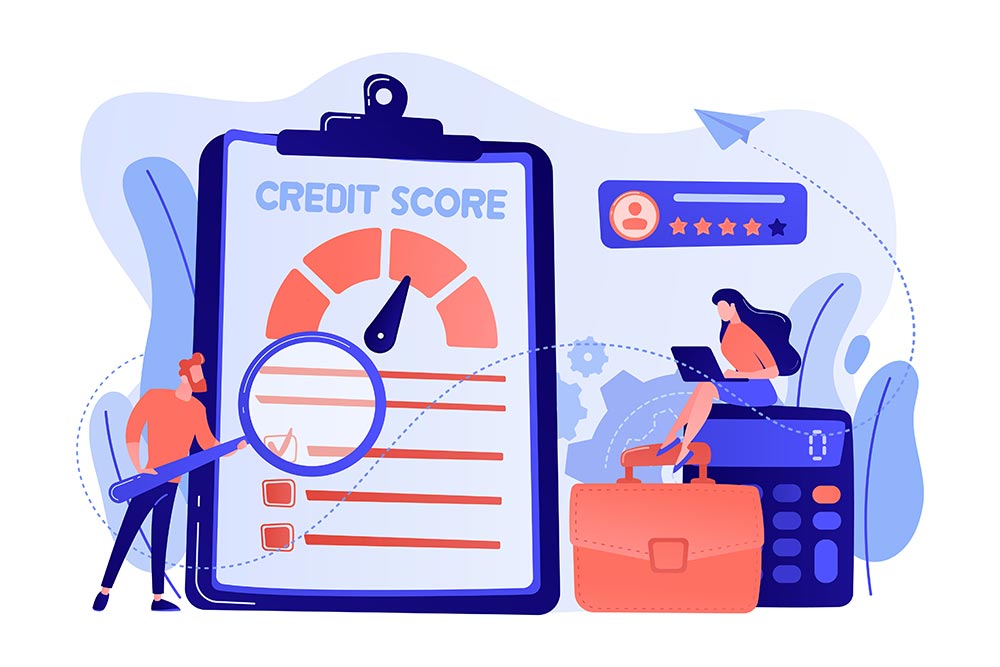How Refinancing a Personal Loan Affects Your Credit Score

We can’t deny the fact that refinancing your loan can help you save a lot of money in the long run. With a good deal, you will spend less amount of money on your monthly payments and also reduce the total amount of interest that you will pay at the end of the loan term.
When you refinance your loan, you are simply taking out a new loan to pay off your current one. In as much as loan refinancing is a good idea, it can affect your credit score in many ways.
Therefore, before you consider refinancing, make sure that you weigh the benefits against the potential credit score hit and make an informed decision. Here is how refinancing can affect your credit score.
Potential Lenders Will Check Your Credit Score, Causing It to Drop
The first step in the refinancing process is shopping around for the best deal possible. This means that several lenders will be checking your credit report and score to assess your creditworthiness. Any credit report check by a financial lending institution results in a hard credit check which can cause your score to take a small and temporary hit.
Hard credit checks will stay on your credit report for at least two years, but in most cases, they only count during the first year that they are on your credit report.
Typically, the money you save through refinancing your personal loan Montreal debt will outweigh the negative effects of the small credit score dip. As you pay off your new loan, your credit score will improve drastically due to a strong repayment history.
Your Old Accounts Will Be Closed
When you refinance your loan, you are replacing your old loan account with a new loan account. This move can also affect your credit score since most credit scoring models consider the age of your credit accounts while determining your score. The longer the credit history, the better.
Typically, when you suddenly close a credit account that you have had for a while, it could hurt your credit score since you are shortening the average length of time the debts have been on your credit report.
However, some scoring models may still consider your credit payment history on the closed account which means that your score won’t be affected as much.
When Should You Refinance Your Personal Loan?
So, if refinancing your personal loan Montreal debt affects your credit score negatively, does it mean that refinancing is a bad idea? No. There are plenty of times when you should consider refinancing your loan regardless of how it will affect your score.
The best time to refinance your loan is when you discover that you can lower the overall amount of money that you would pay over the remainder of the loan term. This means that the interest rate has decreased or you can pay off the new loan faster than you had anticipated.
But, you should avoid refinancing your loan if you are about to apply for a large loan or if the new loan doesn’t offer you any substantial benefits.
